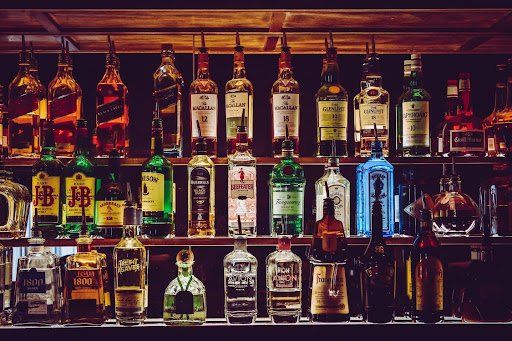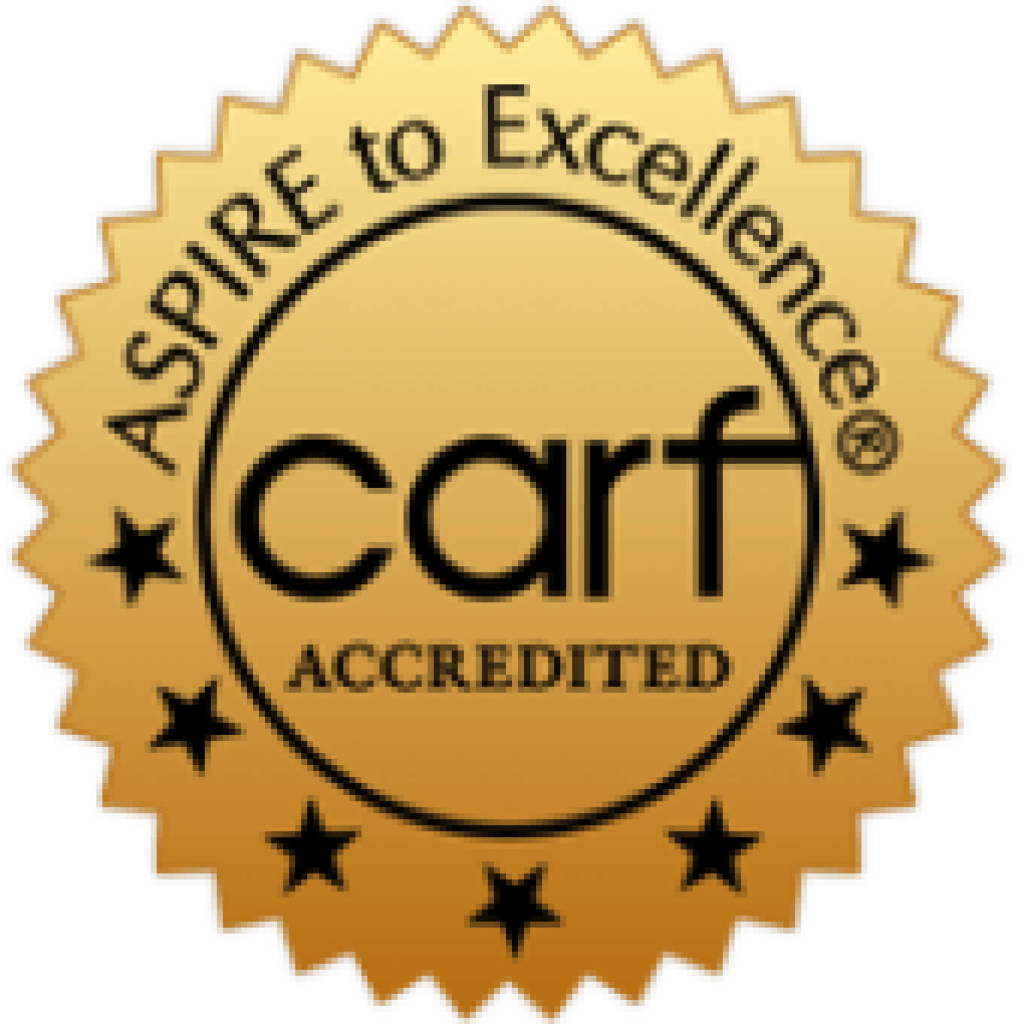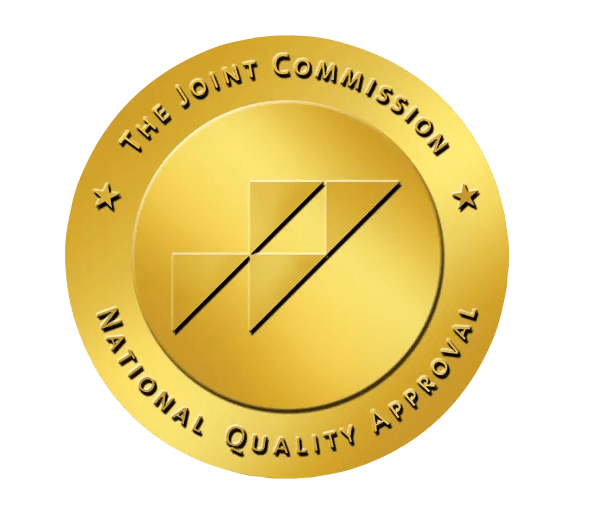Lies Addicted People Tell Themselves
The truth is people suffering from an addiction often lie. They lie to their bosses, their friends and family, and most of all, they lie to themselves. They don’t lie to hurt people. People lie to protect themselves. The painful truth is that their drinking or drug abuse is no longer under their control. Nobody likes to admit they have lost their willpower.
An addicted person’s entire life has become about their next hit and doing what they can to avoid the feeling of withdrawal. To protect themselves from realizing the harm of their addiction, they convince themselves of the lies they repeat. Unfortunately, there are many lies addicted people tell themselves. Reading the following list may help you recognize some of the lies.
20 Lies Addicted Persons Tell Themselves:
- “I don’t have an addiction.”
Someone who is abusing drugs or alcohol may use the phrase “I don’t have an addiction.” They may also say “I just like drinking” or “I only take things occasionally.” They say this to rationalize their behavior and the fact that they can’t stop when they want to. - “I can’t live without substance XYZ.”
Sometimes, people do know and acknowledge they have a substance abuse problem. However, drugs and alcohol can change the chemistry in their brain, and it can lead them to believe that they can’t live life without the substance. Between cravings and withdrawal symptoms, their brain and body send signals that it “needs” more of the substance. - “I can stop anytime I want to.”
A major sign of addiction is that substance abusers cannot stop using, despite their best intentions. The body and brain change as they adapt to alcohol or drugs, setting up a cascade of chemicals that cause physical cravings. Stopping anytime you wish is a myth that many addicted persons continue to believe and this is a common lie that they tell themselves. - “It’s not that much.”
When it comes to substance abuse, “how much” is a relative term. What is considered too much for one person may not be enough for another. Tolerance levels develop over time in the addiction process. While one person may drink half a bottle of wine every day, another person would drink a quart of Scotch. It doesn’t matter “how much” you take. It is the loss of ability to stop that indicates addiction. “It’s not that much” is just an excuse. - “I only use occasionally.”
Addiction doesn’t have to necessarily mean a daily occurrence. Binge drinkers may remain sober throughout the week but have no control and cannot stop themselves on the weekend. Using only occasionally doesn’t necessarily mean that you aren’t addicted. - “I’m not as bad as [name].”
Justifying your own drug or alcohol abuse by pointing out someone else’s habits is a means of deflecting the problem away from yourself. Two people may have high blood sugar. Just because your blood sugar reads at 120 and someone else’s reads at 130 doesn’t mean that your blood sugar isn’t high. Likewise, comparing your own substance abuse to someone else’s doesn’t mean that you are not abusing drugs or alcohol. - “I just like the feeling.”
Using substances not only changes the way you feel, but it changes the way your body works. Your brain begins to shut down neurotransmitters to maintain homeostasis to keep the body alive. Over time, substance abuse changes your body and you are no longer abusing substances to “feel good” but to avoid the negative feelings that come with withdrawal. - “It hasn’t changed me.”
Someone who is addicted to substance abuse will often use this as an excuse when confronted about the change in their behavior. Unfortunately, there are very few of us that have the self-knowledge to see how we’ve changed over time. This is even more true for someone who abuses drugs or alcohol. They can change moods and perception, in turn, altering your personality. - “I’m not hurting anyone.”
This is a very common lie. People suffering from addiction don’t want to believe that their need to use drugs or alcohol has hurt their friends and family. They don’t see that their inability to be emotionally present hurts others. - “I can still do what I’ve always done.”
Substance abuse hurts your physical and mental health. It takes over a person’s life to the point where they no longer exercise, get enough sleep, or eat a healthy diet. All of this can take a toll on a person’s ability to think clearly and participate in activities they once loved. - “That DUI wasn’t my fault.”
Addicted persons will often blame others for their problems. It seems like nothing is ever their fault. This lie comes with other lies. They didn’t trip on the stairs because they were under the influence of drugs or alcohol, instead …the carpet was loose. The DUI wasn’t their fault – the cops were after them. Unfortunately, they feel like it isn’t their fault. - “I don’t drink in the morning, so I’m not an alcoholic.”
One of the known symptoms of alcohol use disorder is needing a drink when you wake up. However, there’s a myth that you aren’t an alcoholic unless you find yourself needing a drink first thing in the morning. Alcohol use disorder often means you can’t stop drinking once you’ve started. The truth is that time of day doesn’t matter. - “I only drink one type of alcohol, so I can’t be an alcoholic.”
Alcohol is alcohol. It doesn’t matter if it’s found in beer, wine, or hard liquor. Any type of alcohol can be addictive. The type of alcohol does not matter. - “I’m still employed, so my drug use isn’t that bad.”
Some people believe that just because they can still get up and make it to work on time, their substance abuse isn’t a problem. Although getting fired from work can be a sign of a chronic substance abuser, being a “high-functioning” person does not mean that you don’t have a problem. There are many people who abuse drugs and alcohol who can remain clean and sober at work but lose control once off the clock. - “The kids don’t know what’s going on, so it’s not a big deal.”
Kids not only know, but they care very deeply when their parents take drugs or drink alcohol. Even at young age, children are aware of mood shifts and the unreliability that comes with living with a substance abuser. Drugs and alcohol change your behavior at home, changing your relationship with your kids. Kids are both smart and perceptive. - “These are prescription medications, so it’s okay to take more of them.”
Did you know that prescription medications remain the most abused medicine in the world? You can become addicted to prescription medicine just as you can become addicted to illegal drugs. You should always use your prescription medicines exactly as directed. Just because medications come from a pharmacy, does not mean it is completely safe and non-addictive. - “I only drink or use on the weekends, so I’m not addicted.”
Weekend benders can be just as bad, if not worse, than constant use. The time and day don’t matter. If you crave substances, use them to escape reality, and come to find that you can’t quit on your own, the weekend indulgences have become your addiction. - “I’m under a lot of stress, so it’s okay to use this to relax.”
There are many ways to relax and relieve stress without using drugs or alcohol. This is a lie that people suffering from addiction use to excuse their behavior. If you cannot relax without using drugs or alcohol, you have more problems than just stress. Learning new and healthier ways to relax is critical for recovery. - “My drinking or substance abuse doesn’t affect anyone else but me.”
This is one of the biggest lies an addicted people tell themselves. Substance abuse changes your personality and behavior. So, all the people that you encounter throughout the day are affected by your mood swings, change in behavior, and so on. Just because you don’t recognize it or don’t want to acknowledge it, doesn’t mean it’s not happening. - “I don’t care about the long-term effect. I just need to get through the day.”
It’s easy to fool yourself into thinking that one more drink, one more pill, or one more hit is okay when you tell yourself you just need to get through today. It’s not always easy to recognize that substance abuse has long-term consequences because right now, you “feel good” or need it to “just feel normal.” Addiction has long-term consequences and just getting through today isn’t living your life. Your life is worth so much more.
Reclaim Your Life
These lies just keep pushing off recovery. When the person suffering from addiction realizes that these are truly lies and they start realizing the truth, that is the time to seek recovery. Here at Holland Pathways , we offer a caring place to begin the road to recovery.




